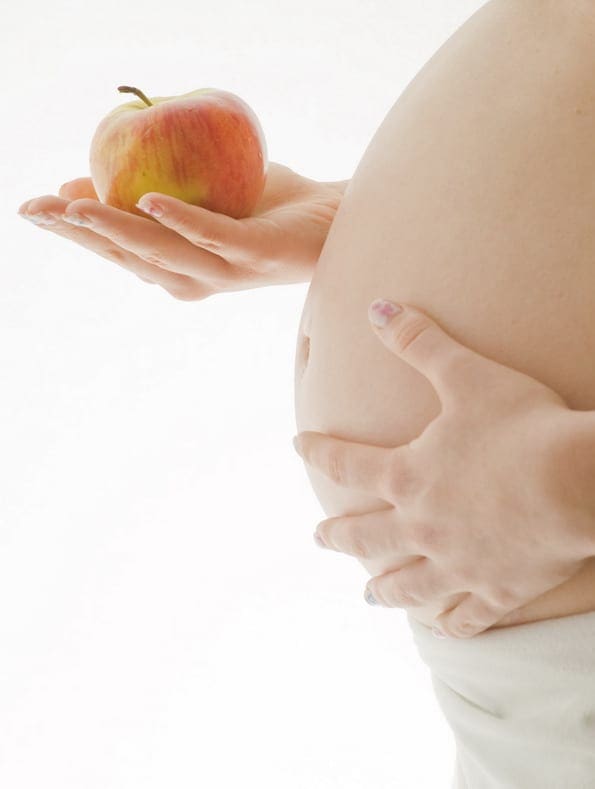Early morning sickness is one of the most common indicators of pregnancy. To prevent the risk of decreased blood sugar levels, snack frequently throughout the day and night. Some women find that ginger helps with nausea, so it’s worth a try. However, for some women, nothing seems to help with morning sickness, which can be really debilitating.
These days, it’s not uncommon for pregnant women to develop aversions to certain foods, or to find themselves craving certain foods more than usual. These food preferences can usually be attributed to hormonal changes – especially in the first trimester, when hormone levels are at their highest.
An increase in vaginal discharge is normal in early pregnancy. However, if the discharge becomes foul smelling, or causes itching or soreness, you should inform your midwife or doctor. This may be an indication of a vaginal infection. Vaginal yeast infection often occurs in pregnancy and may require treatment from your doctor.
Many women experience fatigue as one of the first signs of pregnancy. This is due to the increased levels of progesterone in the body, which can make you feel tired. You may notice fatigue as early as a week after ovulation. During ovulation, progesterone levels increase. If you are not pregnant, the levels will later decrease, indicating the start of your next period.
If you’re not keeping track of your period or if it differs from month to month, you might not be sure when to expect your next one. But if you start to experience some of the symptoms below—and only a few women get all of them—it’s possible that you’re pregnant. Take a home pregnancy test to find out for sure!
The most recognized symptom of early pregnancy is missed period, but it does not necessarily happen to everybody. The large hormonal changes occurring during pregnancy can trigger a number of symptoms. Many women experience all the symptoms of early pregnancy, while others might have just a few or none at all. Several symptoms, such as missed period (amenorrhoea), nausea (morning sickness) or fatigue, can be a result of stress or illness.
As the uterus typically enlarges, it may become globular (round) and often rotate towards the right. Pain-free uterine contractions are often felt as tightening or pressure. They often start at around 28 weeks’ gestation and increase in frequency. These contractions generally stop with walking or exercising, while true labor contractions are usually strong and powerful.
If you’re looking for ways to help others who want to conceive, why not share your story in the TTC Tales discussion board? It’s a great way to connect with others who are going through the same thing, and you never know, your story might just help someone else achieve their dream of becoming a parent. And of course, we’d love to hear all about how your little one came into the world in the Birth Tales discussion board too!











